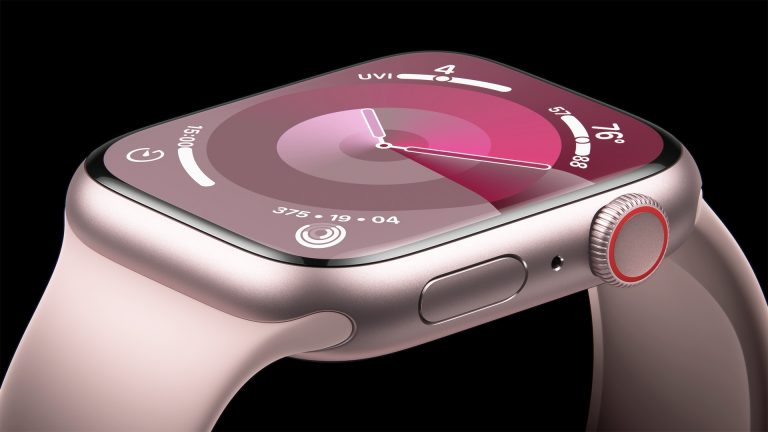
In a legal dispute between Apple, the tech giant, and Masimo, a medical monitoring technology company, Apple has lodged an appeal on Tuesday contesting the ruling that prohibits the import of specific Apple Watches. This decision came after President Biden opted not to veto the tribunal’s verdict.
The ban was initiated based on a complaint lodged by Masimo, accusing Apple of infringing upon its pulse oximetry technology.
Masimo accused Apple of illicitly integrating Masimo’s pulse oximetry technology into its coveted Apple Watch series, notably the Series 6, utilizing mechanisms for blood-oxygen-level assessments three years ago. Masimo contends that Apple engaged in talent poaching and misappropriation of its technology, igniting a fierce legal feud that has captured industry attention.
Register for Tekedia Mini-MBA edition 19 (Feb 9 – May 2, 2026): big discounts for early bird.
Tekedia AI in Business Masterclass opens registrations.
Join Tekedia Capital Syndicate and co-invest in great global startups.
Register for Tekedia AI Lab: From Technical Design to Deployment (next edition begins Jan 24 2026).
The ban, imposed by the U.S. International Trade Commission (ITC), serves as a hurdle obstructing the import and sales of Apple Watches employing this contested technology.
Despite Apple’s fervent plea to suspend the ban during the appeals process, the ITC dismissed the request, compelling Apple to swiftly challenge the decision before the U.S. Court of Appeals for the Federal Circuit.
“We vehemently oppose the USITC decision and the resulting exclusion order,” said an Apple spokesperson in a statement to CNBC, noting the company’s urgent efforts to expedite the return of affected Apple Watch models to American consumers.
However, the ban’s ripple effects extend beyond Apple’s sales sphere, dealing a blow to its wearables, home, and accessory division, which raked in $8.28 billion in revenue during the third quarter of 2023.
In response to Apple’s move, Masimo, the aggrieved party in this legal skirmish, has remained tight-lipped, refraining from commenting on Apple’s appeal and the subsequent developments.
While the embargo lingers, the U.S. Customs and Border Protection gears up to deliver a verdict by Jan. 12 on whether revamped iterations of Apple Watches violate Masimo’s patents. Apple stands poised, awaiting this crucial decision, aiming to alleviate the ban’s impact and resume sales of the affected watch models.
This legal saga pinpoints a growing trend of intellectual property disputes in the US tech industry – now including healthcare. The outcome of Apple’s appeal and the impending customs ruling are expected to wield significant influence, potentially reshaping the availability of these Apple Watch models in the U.S. market.
The ban does not impact the Apple Watch SE, a more affordable model, and sales of this particular version will persist. Additionally, previously sold watches are not subject to the ban and remain unaffected by these developments.
This standoff between Apple and Masimo echoes past patent disputes within the tech industry, notably reminiscent of the 2013 reversal of an import embargo on Apple’s products in a patent altercation with Samsung during the tenure of President Barack Obama’s administration.
In February, the Biden administration decided against vetoing an independent import ban on Apple Watches, which was established due to a patent-infringement complaint filed by medical technology company AliveCor, per CNBC. However, the ban imposed by the ITC has been suspended for other reasons.
Amidst this protracted legal wrangle, the fate of Apple’s Series 9 and Ultra 2 watches remains uncertain, leaving consumers and industry stakeholders on edge.
Apple is now asking a federal court to overturn a sales ban on two models of its popular smartwatches. The company was forced to stop selling its Apple Watch Series 9 and Ultra 2 in the U.S. after a federal trade agency found that Apple infringed on two patents for a blood-oxygen sensor held by Masimo. On Tuesday, the White House ultimately decided against reversing the sales ban. The stakes are high, since the Apple Watch — driven largely by sales of the Series 9 and Ultra 2 — accounts for about $17 billion in revenue. Apple’s Vision Pro mixed-reality headset is expected to be launched in retail stores in late January or February, analysts and insiders say. (LinkedIn News)



